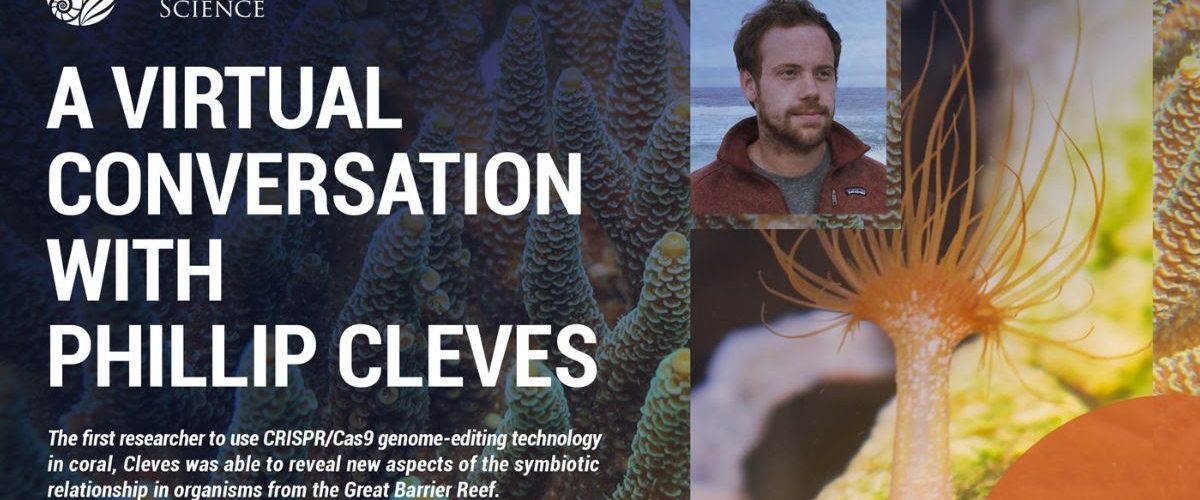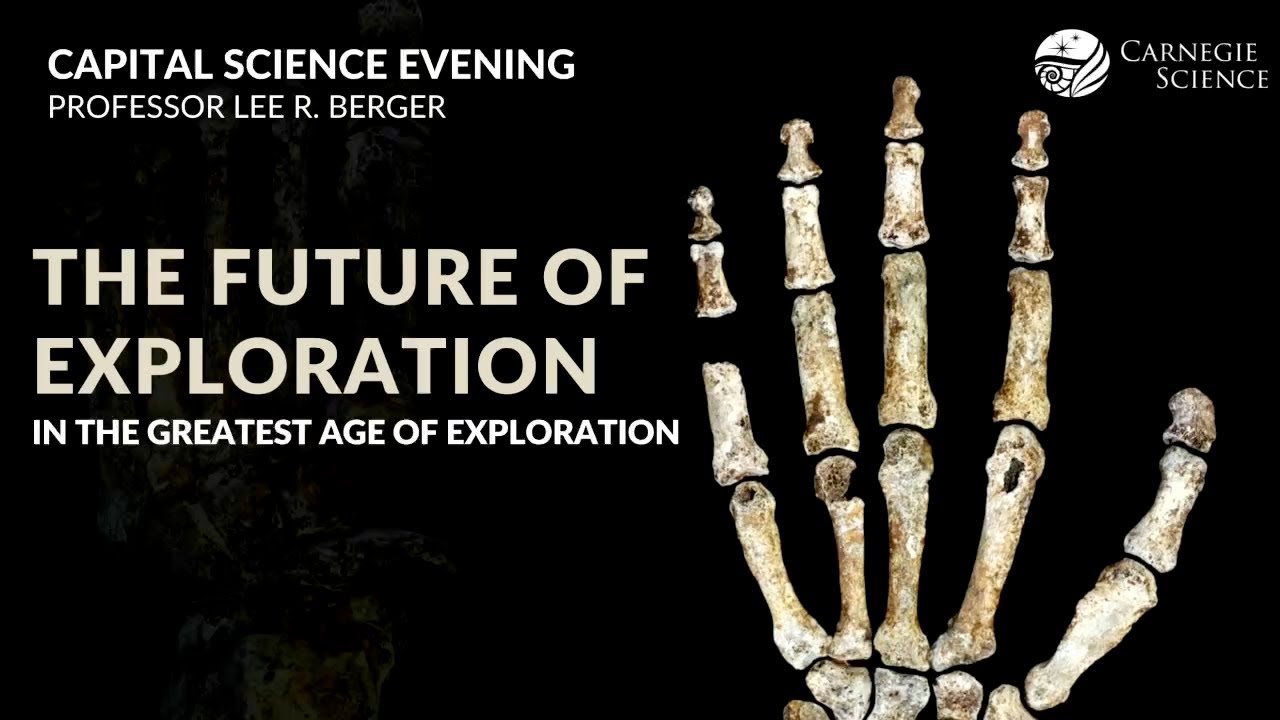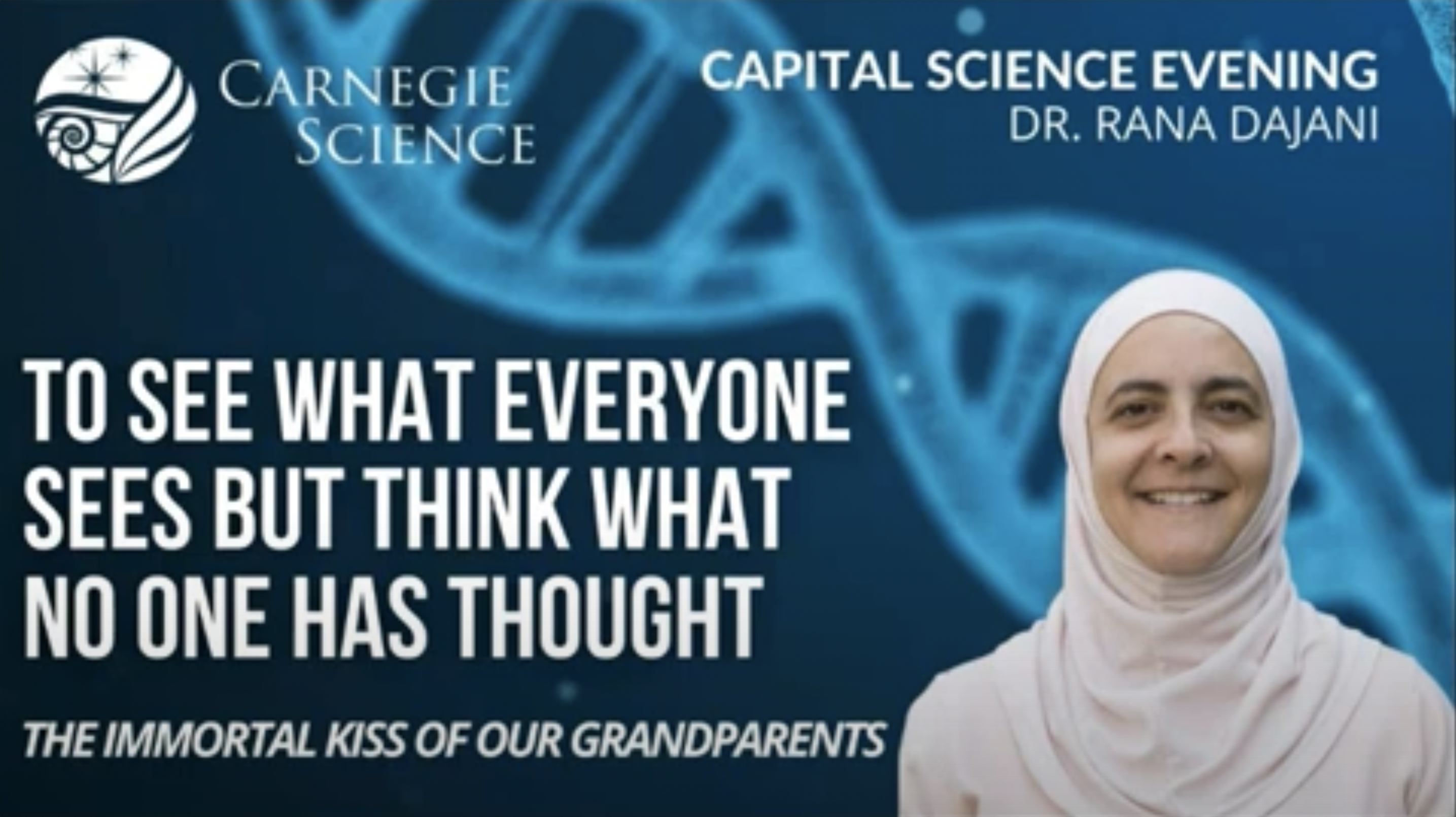Join us to learn about coral biology from Phillip Cleves.
In recent years, it has become obvious that interactions between animals and microbes play important roles in shaping ecosystems and human health. The Cleves lab is broadly interested in the genetic and cellular mechanisms that underlie such interactions and how these relationships are impacted by stress.
He specializes in developing new methods to probe the symbiotic relationship between corals and the dinoflagellate algae that they host. The nutrients supplied by the algae are crucial for the coral’s survival, but ocean warming caused by human activity is causing a breakdown of this exchange. The loss of these biodiversity hotspots is causing extensive economic and human health damage. Despite their crucial ecological importance, these interactions are poorly understood.
The first researcher to use CRISPR/Cas9 genome-editing technology in coral, Cleves was able to reveal new aspects of the symbiotic relationship in organisms from the Great Barrier Reef. His efforts could lead to the creation of designer coral that is better able to survive warming conditions.
Cleves received a B.S. in Biology from the University of Arkansas Fayetteville, and a Ph.D. in Molecular and Cell Biology from UC Berkeley. He was awarded Barry M. Goldwater scholarship as an undergraduate, was named a National Science Foundation Graduate Research Fellowship Program recipient as a graduate student, and secured several national and international funding awards as a postdoc.
February 24, 2021





